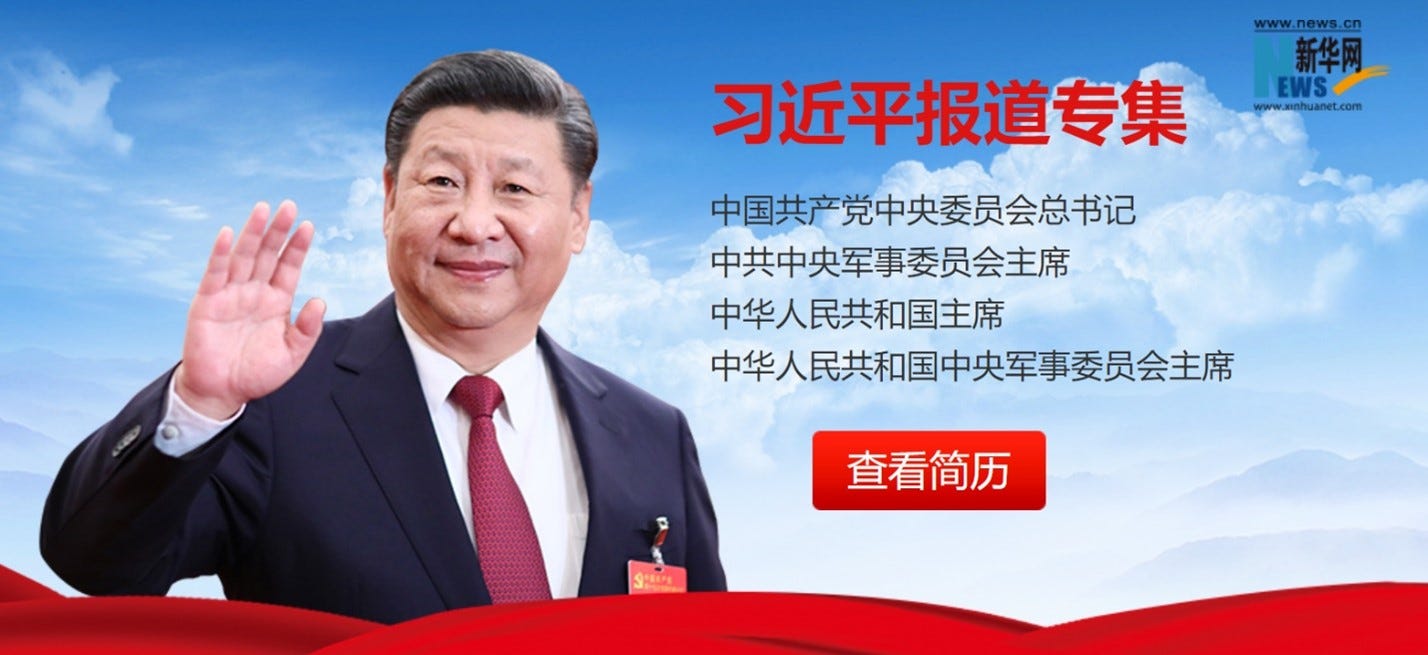Thoughts of Chairman Xi Bode Ill for the Press
There are differing ideas what “journalists’ first duty to the country” should be
Chinese Communist Party General Secretary Xi Jinping has made no secret of his idea of how journalism should work. On November 8, the first day of the 6th Plenary Session of the party in Beijing, the Chinese state news agency Xinhua published a letter in which Xi outlined his thoughts on patriotism and journalism.
Those thoughts bear ominous implications…
Keep reading with a 7-day free trial
Subscribe to Asia Sentinel to keep reading this post and get 7 days of free access to the full post archives.


